Beata Bruggeman-Sekowska In the summer of 1968, Czechoslovakia underwent a remarkable period of political liberalization known as the Prague Spring. Initiated under the leadership of Alexander Dubček, who was elected First Secretary of the Communist Party of Czechoslovakia (KSČ) on January 5, 1968, the reforms sought to implement “socialism with a human face,” introducing unprecedented […]
Beata Bruggeman-Sekowska Forty years have passed since the death of Enver Hoxha (April 11, 1985, in Tirana, aged 76). For more than four decades, he ruled Albania with an iron hand, isolating the country from the rest of the world, enforcing strict ideological control and plunging Albania into extreme poverty. His 40-year rule made him […]
By Patrick van Schie On August 1, 1975, leaders of 35 states – from Europe, the United States, and Canada – gathered in the modernist new Finlandia Hall in Helsinki. There, they signed a document of roughly 22,000 words: the Helsinki Final Act. This Final Act was intended to establish new, improved relations between East […]
By Beata Bruggeman-Sekowska Nestled between the villages of Helmstedt in West Germany and Marienborn in East Germany, Checkpoint Alpha stood as one of the most iconic and critical symbols of the Cold War era. From 1945 to 1990, it served as the primary transit point for travelers crossing the inner German border, connecting West Germany […]
The Menno van Coehoorn Foundation has started an inventory of Cold War heritage in the Netherlands. The aim of this is to obtain as complete an overview as possible of what has been achieved in this period of 40 years of the Cold War and against which historical backgrounds. The Cold War map, as compiled […]
August 17, 1962: Peter Fechter killed by GDR border troops By Patrick van Schie Peter Fechter bleeds to death on the wrong side of the Wall The young East Berlin construction worker Peter Fechter became world famous because of his flight to freedom. More than a year after the construction of border barriers […]
On August 6 our board represented by Beata Bruggeman-Sękowska and Aloys Bruggeman visited the General Ryszard Kukliński Museum in Warsaw and its director Filip Frąckowiak. They discussed the possibilities of further cooperation. Filip Frąckowiak offered a book written by his father: Józef Szaniawski- the founding father of the museum, PhD in history, political scientist, commentator, […]
Mr Jacek Jaśkowiak, mayor of Poznań prepared an exclusive statement for EIOCO on the 65th anniversary of Poznań uprising. By Beata Bruggeman-Sekowska Statement of the Mayor of Poznań Mr Jacek Jaśkowiak On June 28, 1956, the road to freedom began in Poznań. Workers from Poznań factories took to the streets […]
By Beata Bruggeman-Sekowska 65 years ago on the 28 June of 1956, at 6 a.m. Poznań ( city in the western part of Poland) riots started at the multifactory complex of Joseph’s Stalin’s (or ‘Cegielski’s) Metal Industries. Approximately 100,000 people gathered in the city centre near the local Ministry of Public Security building demanding better […]
Review of: Raymond Aron, The Opium of the Intellectuals (1st publication in French, 1955) Patrick van Schie Nowhere in Western Europe have intellectuals been so fascinated by communism and the Soviet Union as in France. It was therefore appropriate that 65 years ago – in 1955, in the midst of the Cold War – […]
Beata Bruggeman-Sekowska Interview with Ilze Burkovska Jacobsen, director of ‘’My favourite War’’ animated film about her life under communism. The premiere in Latvia of ‘’My favourite War’’ is planned in March 2020. Ilze Burkovska Jacobsen Beata Bruggeman-Sękowska: I watched fragments of your almost 80 minute animated documentary based on your life ’’My favourite […]




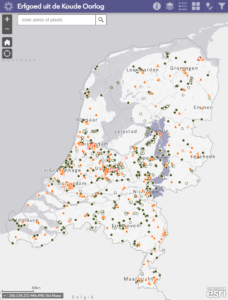
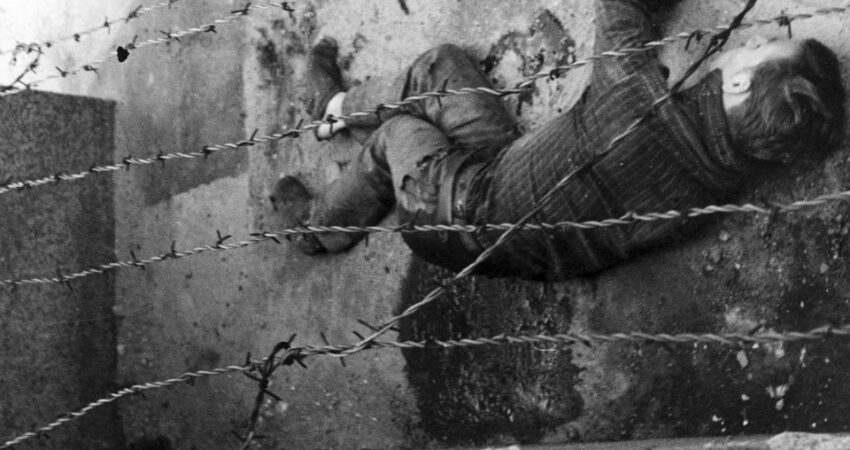
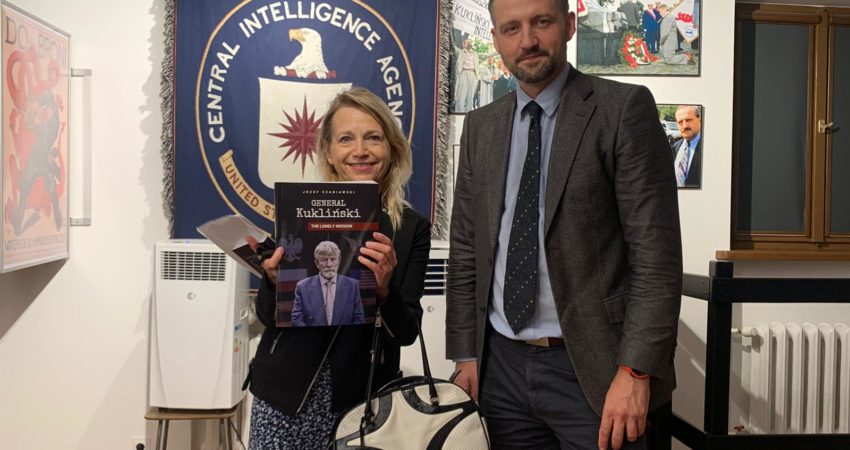
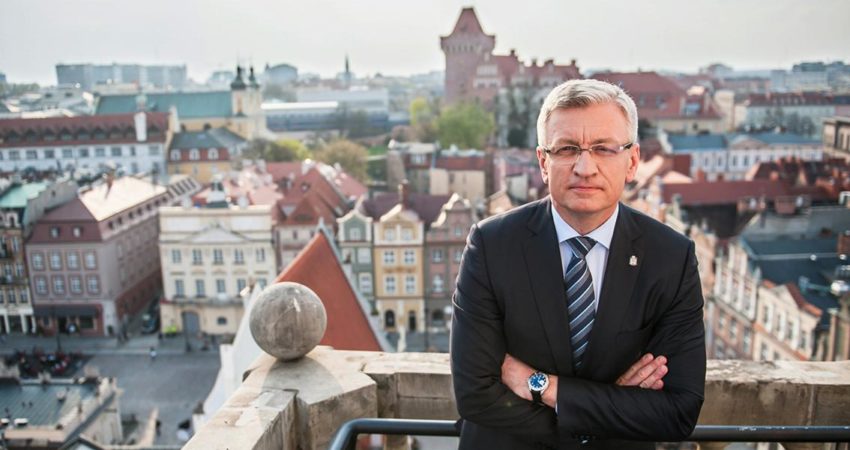
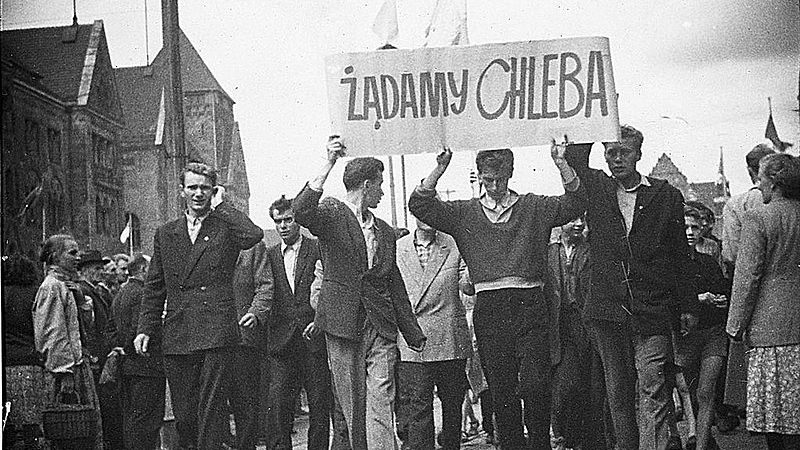
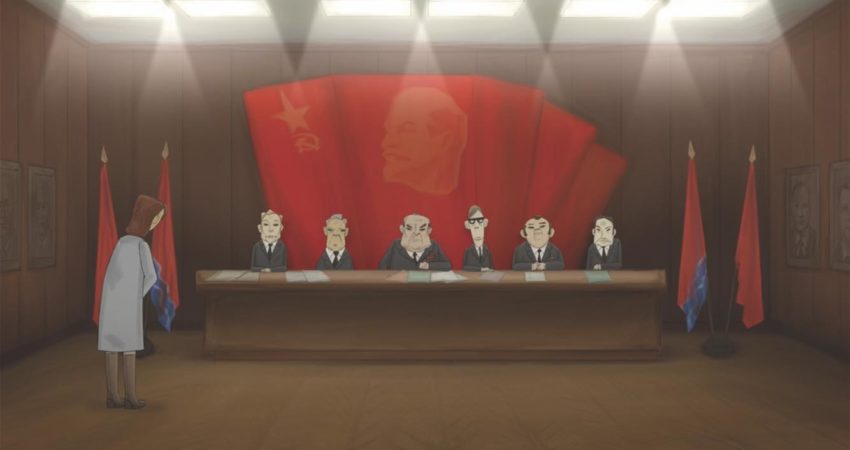
Follow Us!